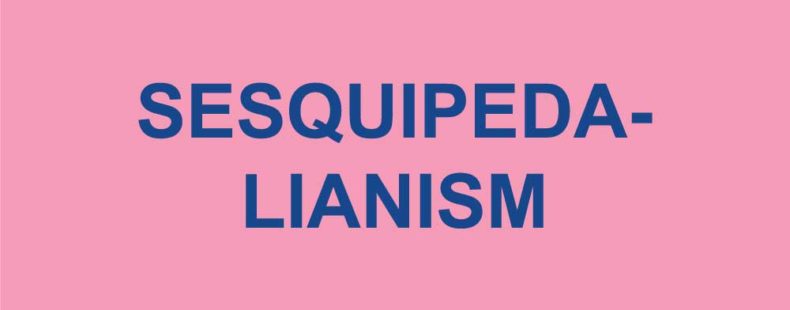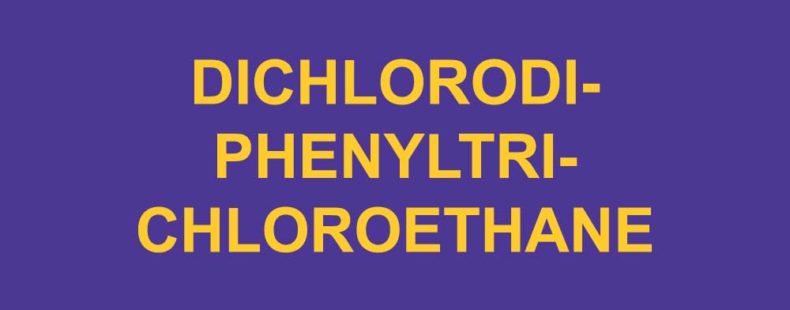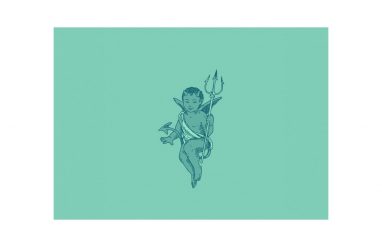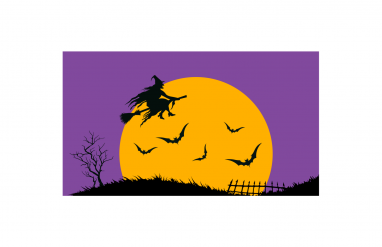sesquipedalianism
Let’s start off with a word related to the business of “longest words.” Sesquipedalianism is the tendency to use long words. Do you have sesquipedalian tendencies? (We do.)
The word is traced to the ancient Roman poet Horace, who in a treatise on the art of poetry, wrote that in certain circumstances, poets must avoid sesquipedalia verba, a Latin phrase meaning “words [verba] a foot and a half long [sesquipedalia].” Horace clearly had a sense of humor.
























